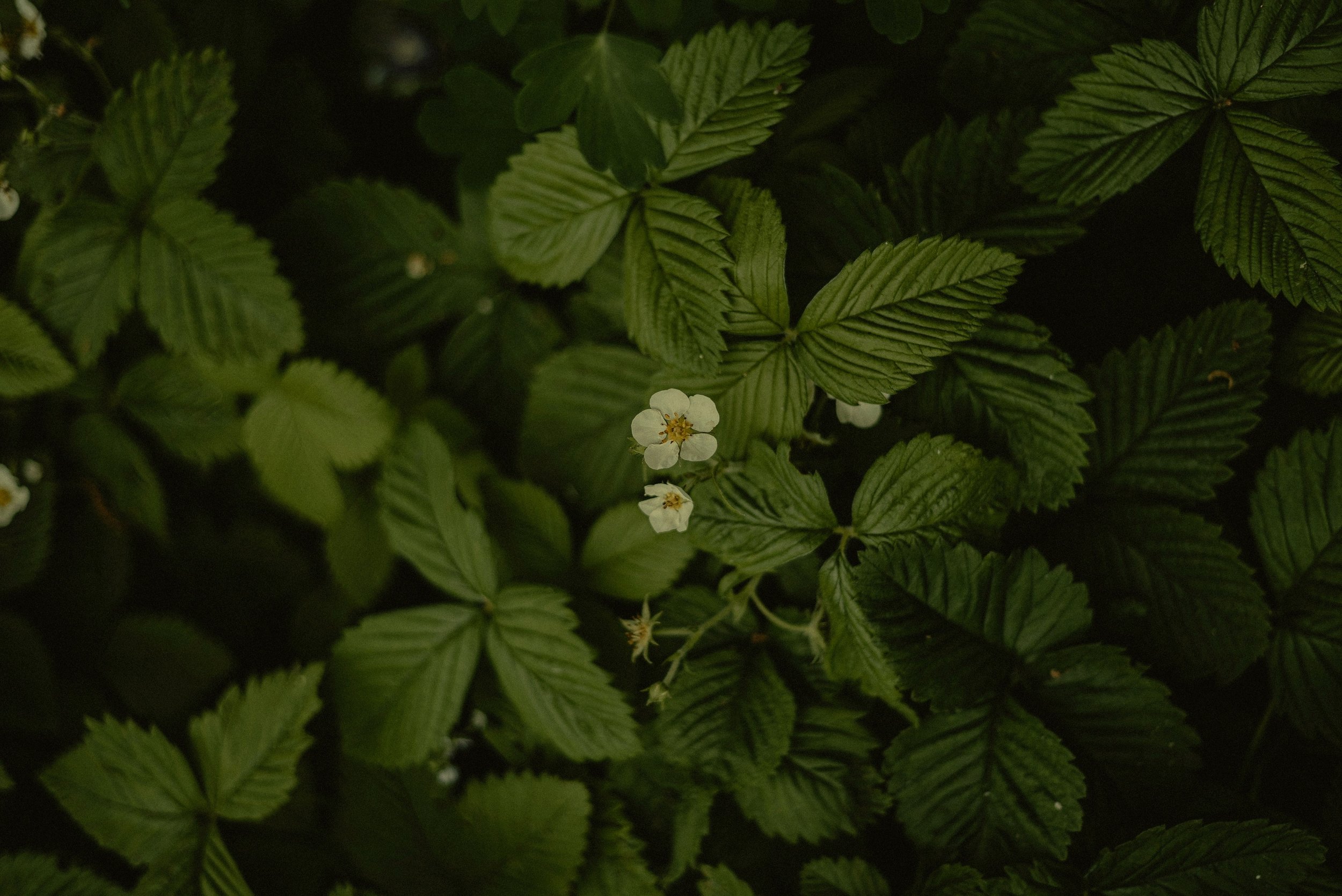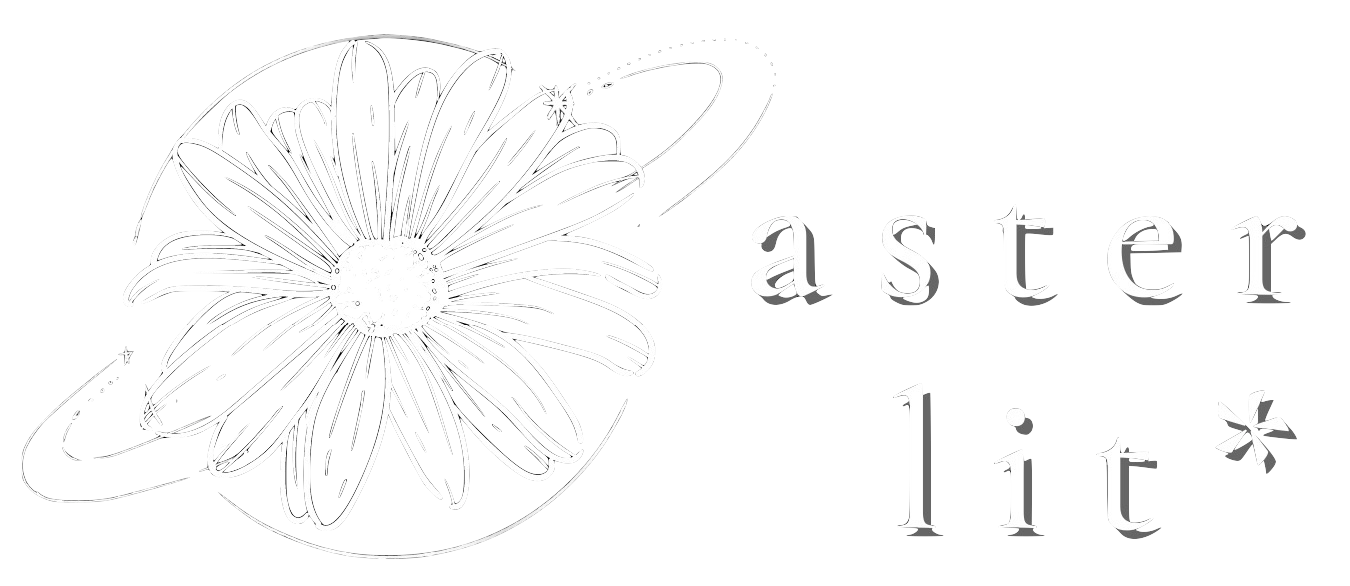
Aster Lit: translatability
Issue 12- Summer 2024
房顶
约翰 · 科林斯 · 斯魁尔爵士著
- Translation-
Audrey Wang, China
一
当乌云遮住太阳
高耸的石板房顶变得惨淡、灰暗,
当雨水顺着它流下
便如被打磨过的铅,闪烁着淡蓝的光芒。
当乌云消散,雨
停下,太阳又出来时,
房顶在阳光下闪烁着金色的光芒
耀眼得让人难以直视。
但很快,在持续的日照下
房顶变得干涸,失去光彩,
尘土飞扬的黄色中
被蔚蓝色的细长纹路穿过。
到最后,随着夜幕降临,
那些纹路逐渐黯淡消失
房顶变成了紫色的薄雾,
一个巍峨的、深紫色的水晶方块
它沉入渐渐浓郁的阴影中
直至形色俱灭,
只留下它作为一块污点
玷污星空的一小块。
二
它孤零零地伫立在空中
麻雀从不靠近它,
羽毛光滑的翠鸟也很少停歇
在上面整理羽毛、喋喋不休。
有时在上面,一周见不着
空中掠过的翅膀,
房顶静谧安详
仿佛从未有生灵栖息;
直到某个阳光灿烂的下午
房顶边缘掠过两个黑影,
两只身体洁白的鸽子,脚踩粉红爪子
飞落在上面。
他们伸长脖子踱步
用鸽语交谈着,
低沉而持续的杂音中
是含混不清的嘲谑。
然后它们寂然无声,静坐着,温暖而洁白
过了一小时,直到暮色降临
它们醒转振翅,
展翅高飞,便离去,
离开它们停息的房顶
一如往昔,宁静的房顶
一望无垠,寂静安详
好似从未有生灵栖息。
The Roof (original text)
By John Collings Squire, Sir
I
When the clouds hide the sun away
The tall slate roof is dull and grey,
And when the rain adown it streams
‘Tis polished lead with pale-blue gleams.
When the clouds vanish and the rain
Stops, and the sun comes out again,
It shimmers golden in the sun
Almost too bright to look upon.
But soon beneath the steady rays
The roof is dried and reft of blaze,
‘Tis dusty yellow traversed through
By long thin lines of deepest blue.
Then at the last, as night draws near,
The lines grow faint and disappear,
The roof becomes a purple mist,
A great square darkening amethyst
Which sinks into the gathering shade
Till separate form and colour fade,
And it is but a patch which mars
The beauty of a field of stars.
II
It stands so lonely in the sky
The sparrows never come thereby,
The glossy starlings seldom stop
To preen and chatter on the top.
For a whole week sometimes up there
No wing-wave stirs the quiet air,
The roof lies silent and serene
As though no life had ever been;
Till some bright afternoon, athwart
The edge two sudden shadows dart,
And two white pigeons with pink feet
Flutter above and pitch on it.
Jerking their necks out as they walk
They talk awhile their pigeon-talk,
A low continuous murmur blent
Of mock reproaches and content.
Then cease, and sit there warm and white
An hour, till in the fading light
They wake, and know the close of day,
Flutter above, and fly away,
Leaving the roof whereon they sat
As ’twas before, a peaceful flat
Expanse, as silent and serene
As though no life had ever been.
Translator’s Note
"The Roof" by English poet John Collings Squire can be divided into two sections, each exploring different aspects of the slate roof being described. Part I focuses on the ever-changing appearance of the roof throughout the day, as the weather and lighting conditions shift. This creates a dynamic, almost cinematic quality, with the roof’s hue and texture transforming under the influence of the elements. In Part II, a brief moment of life interrupts the roof’s solitude, as a flock of pigeons briefly alights upon it before swiftly taking flight. This fleeting interlude of activity serves to enhance the overarching sense of the roof’s isolation and detachment from the world below.
As a third-culture kid, I was raised in a household where I spoke Mandarin, while attending an international school in Shanghai with an American style education. Having participated in the University of Iowa’s summer writing program in poetry last year, I approached this translation with the goal of bringing the rich poetic sensibilities of the original to a wider audience who spoke Mandarin, my mother tongue. In preserving the structure and meaning of Colling’s original text, I sought to capture the vivid sensory imagery through nuanced language choices. For example, I used “伫立” (“stands for a long moment”) instead of the more literal “站立” (“stand”) to convey a greater sense of the roof’s lifeless stillness in the 6th stanza. I also paid careful attention to the poem’s use of color, such as the “紫色的薄 雾” (“purple mist”) and the “巍峨的、深紫色的水晶方块” (“great square darkening amethyst”), which illustrates the dynamic interplay of hues as the day progresses. My goal was for these color-focused passages to have a mesmerizing quality, so I made sure the visual details were accurate in my translation. In the final paragraph, the sense of solitude is further reinforced: “一如往昔,宁静的房顶;一望无垠,寂静安详” (“As twas before, a peaceful flat; Expanse, as silent and serene”). As one of my favorite sentences, I put deep thought into the word choice of sensory details here to underscore the roof’s isolated nature.
Audrey Wang (she/her) is a writer from Shanghai, China, whose work has been recognized by Iowa University and the Kenyon Review. She currently serves as deputy editor of her school’s Literary Magazine. As an avid fan of the figure skater Yuzuru Hanyu, she strives to express herself artistically through poetry and prose. You can find her on Instagram @audreywang_wzy.
